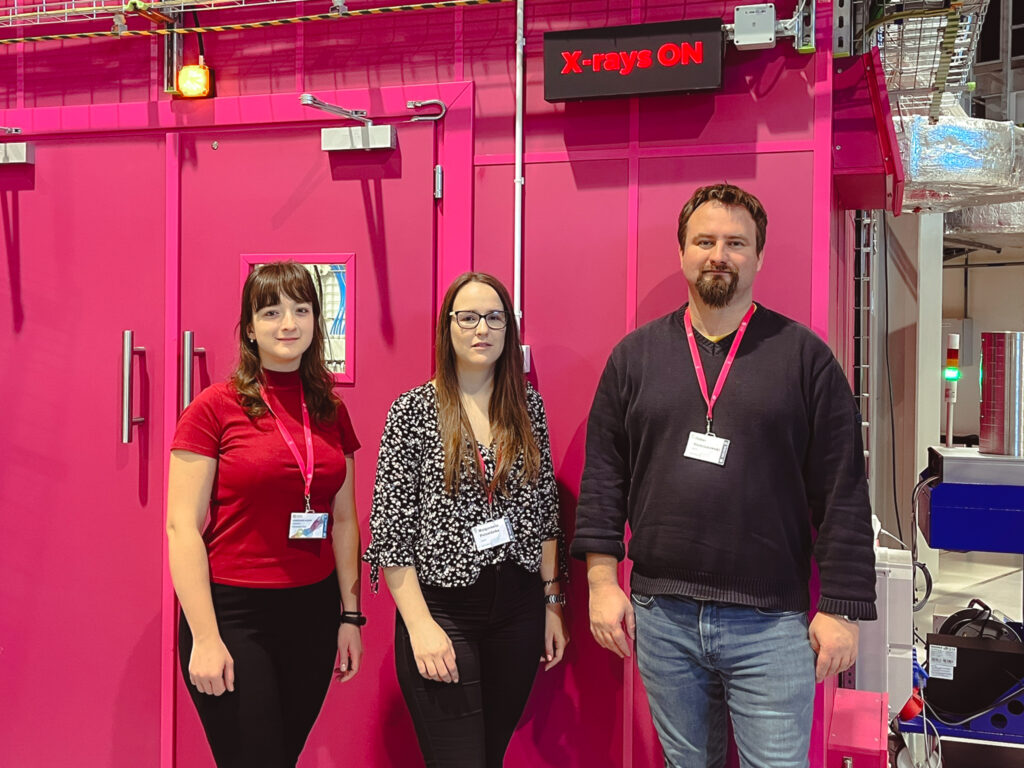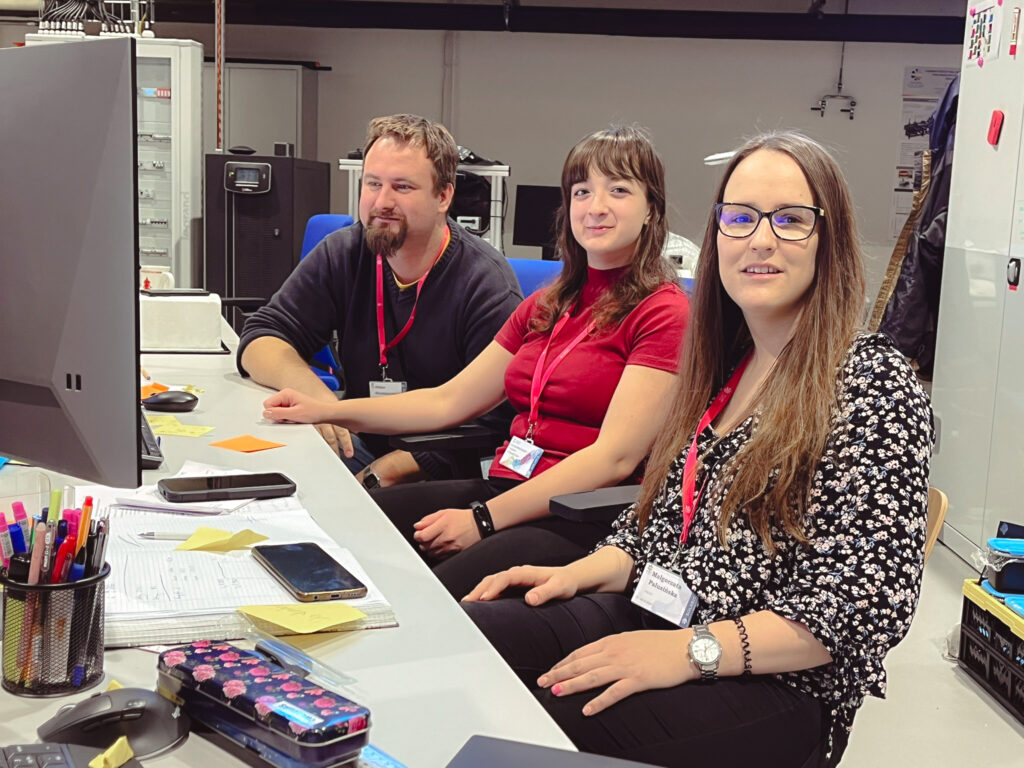At the SOLARIS National Synchrotron Radiation Centre, within the POLYX beamline, a collaboration has taken shape that has become one of the first successes of the international NEPHEWS project. When Malgorzata Palusińska PhD, an early-career scientist, applied for the Twinning Program, no one yet knew how fruitful this collaboration would turn out to be.
For Małgorzata Palusińska, research into metal concentrations in plant samples has been central since the beginning of her scientific career. Thanks to NEPHEWS, which offers young scientists the chance to join experienced research teams through the Twinning Program, she was able to connect her research interests with advanced synchrotron techniques. “I applied to the NEPHEWS Twinning Program to join an experienced research team, and I was accepted,” she recalls. Her determination and passion allowed her to gain unique experience that had previously been beyond her reach. „Even during my doctoral studies, I dreamed of using synchrotron methods, but I didn’t have access to the right equipment. Now, thanks to NEPHEWS and the SOLARIS Center’s POLYX beamline, I can observe studies on live plant tissues without freezing—a critical aspect for my research on zinc and iron concentrations in roots.”
But the benefits of this collaboration extend beyond Małgorzata Palusińska herself. As noted by Magdalena Pypka MSc, the research team leader, “Twinning for us is a win-win situation. A new person brings fresh perspectives and asks questions that allow us to look at our research differently. We learn from each other—it’s an enormous added value for the entire team.” Programs like the NEPHEWS Twinning aim to connect young researchers with experienced teams, offering not only learning opportunities but also a chance to co-create research at world-class facilities. For Magdalena Pypka, working with new team members is also a chance to develop the entire team further. “It’s a unique opportunity to rethink our methods and dive even deeper into our research.”

In the photo from the left: Magdalena Pypka MSc, Małgorzata Palusińska PhD, Oskar Siemianowski PhD. Photo: Joanna Kowalik
Malgorzata Palusińska has truly found her place in her new role as the pioneering twinned researcher in the NEPHEWS project. “What I value most about twinning is being able to work alongside people who share the same passion as I do. We can discuss our work, ask questions, and advance our research together. What I’m learning now will enable me to plan my own experiments, choose the ideal technique, write grant applications, and perhaps even mentor other young scientists in the future.”
It’s these small, everyday interactions—questions, answers, shared moments around research equipment—that build both knowledge and collaboration with the potential to transform the future of science. The first twinning experience within the NEPHEWS project is not just an individual success but proof of the immense value in collaboration between young and experienced scientists, particularly in complex environments such as research infrastructures. Małgorzata Palusińska, with the support of the NEPHEWS project, has shown that even early-career scientists can make a real impact on research on the international stage. This is just the beginning of her journey, but it is already clear that twinning in NEPHEWS is the first step toward many future achievements.

In the photo from the left: Oskar Siemianowski PhD, Magdalena Pypka MSc, Małgorzata Palusińska PhD. Photo: Joanna Kowalik
About the NEPHEWS Project
NEPHEWS, led by the SOLARIS Centre, connects European research infrastructures focused on photons (LEAPS – League of European Accelerator-based Photon Sources) and neutrons (LENS – League of advanced European Neutron Sources), providing scientists with access to advanced technology and world-class research facilities. The project encompasses various activities, including internships for young researchers at partner institutions, twinning that allows young scientists to collaborate with experienced research groups, international access to research infrastructures for advanced users, training on advanced research techniques, and support for scientists from Africa. NEPHEWS aims to strengthen international cooperation, elevate the quality of scientific research, and foster the development of new generations of scientists in Europe and beyond.